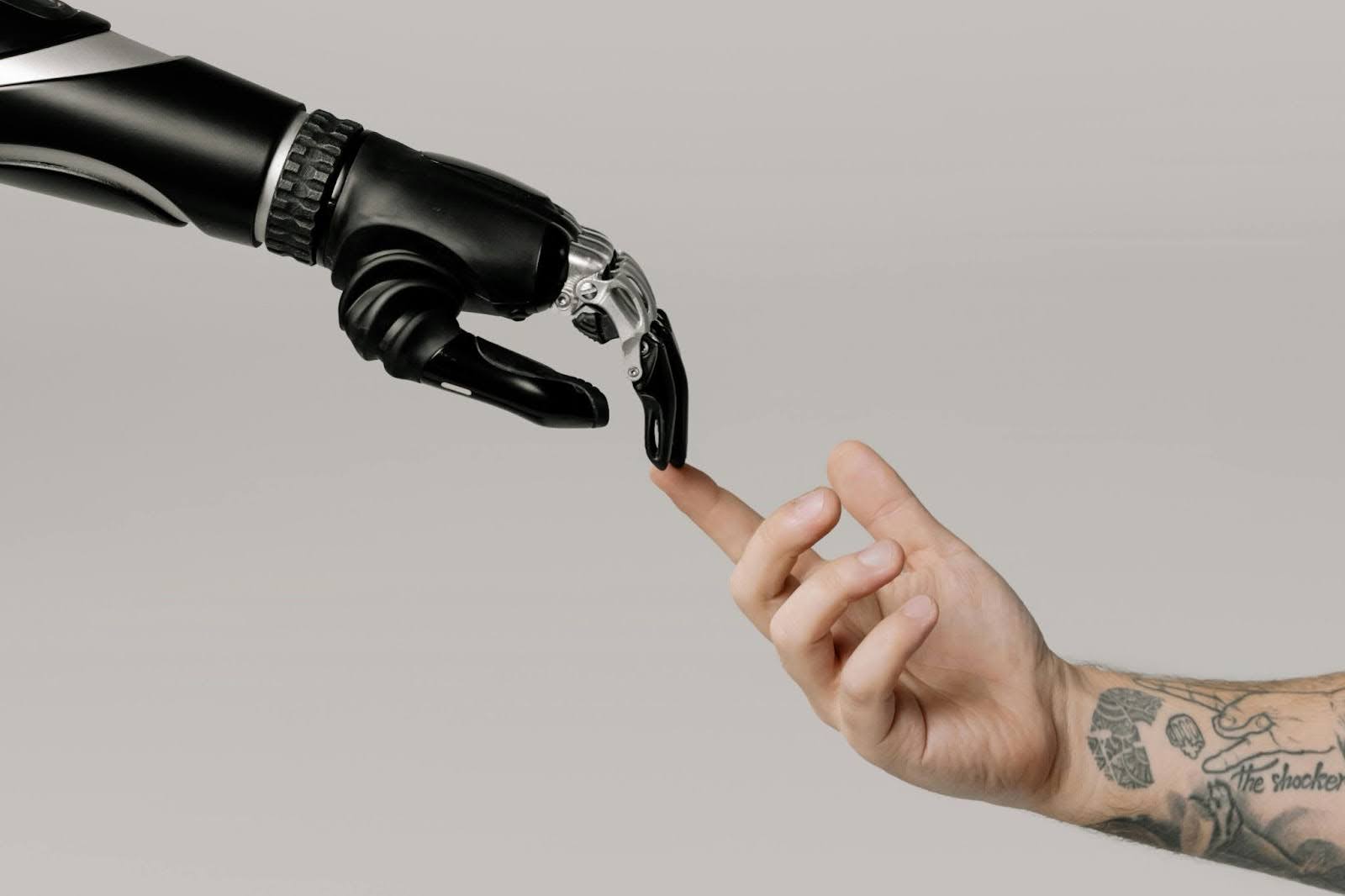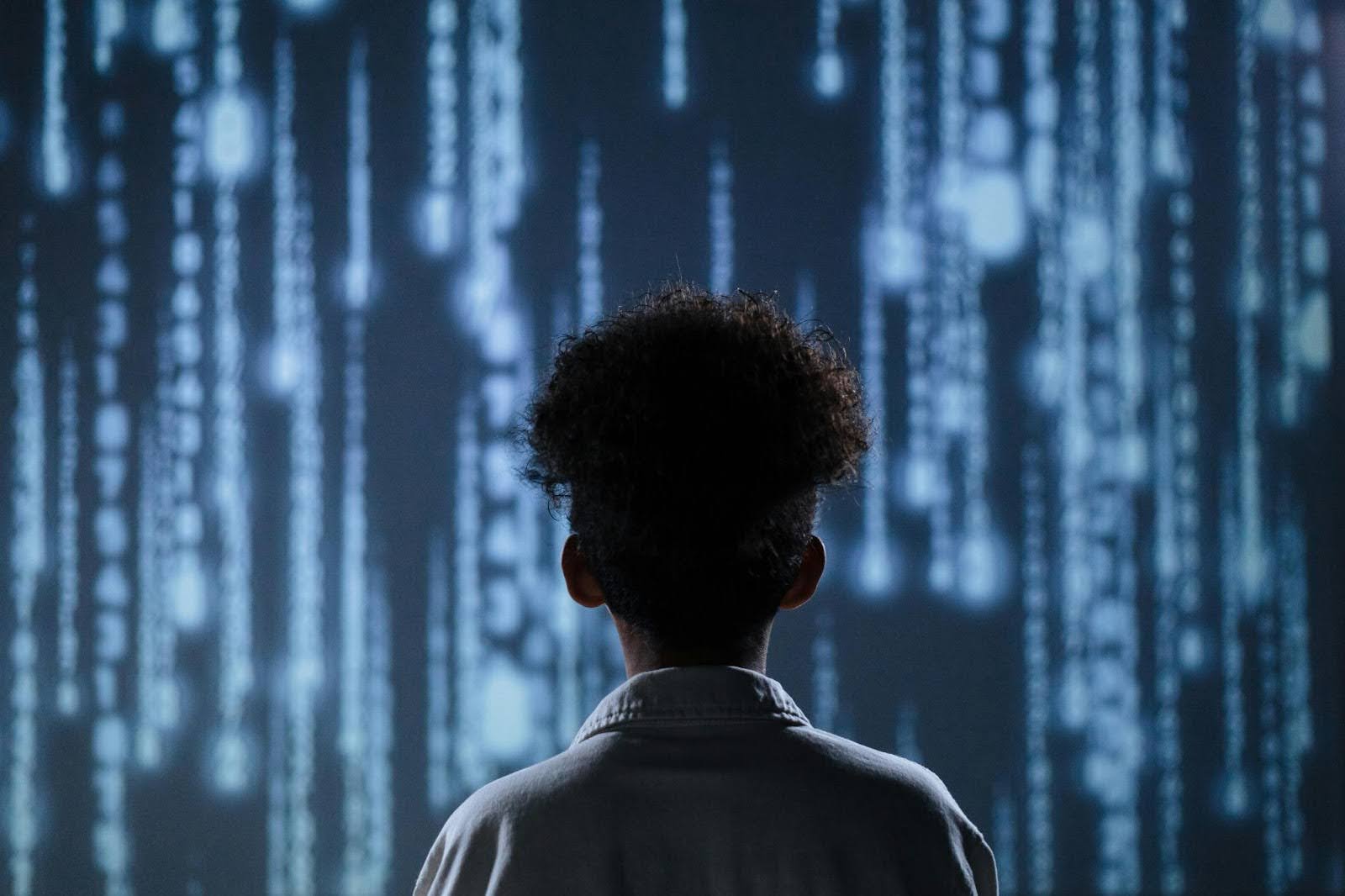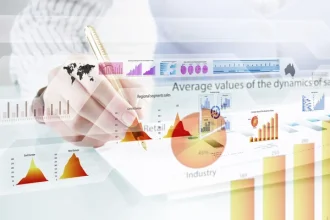
Artificial intelligence (AI) is no longer a futuristic concept. It’s a daily reality, reshaping how we live, work, and learn.
In 2025, AI has moved from being an emerging trend to becoming a foundational force in both education and the modern workplace. From personalized learning platforms to intelligent career development tools, AI is transforming static systems into dynamic, responsive ecosystems built around human growth.
Let’s explore how AI is reshaping learning and professional development, and how individuals, educators, and organizations can embrace these shifts to thrive in the future.
Related Content:
Personalized, Accessible Learning for All

AI is transforming education by making learning more personalized, flexible, and accessible for all students. With smart tools and adaptive platforms, every learner can get the support they need to succeed.
From Static Classrooms to Smart, Adaptive Learning
Traditional classrooms often rely on one-size-fits-all teaching methods, but AI is changing that. With machine learning algorithms and real-time data tracking, today’s platforms can tailor lessons based on how each student learns best.
Whether it’s adjusting the pace of instruction, identifying areas where a student is struggling, or offering tailored practice problems, AI creates a more personalized and effective learning experience.
This shift is particularly beneficial for:
- Neurodivergent learners
- Multilingual students
- Anyone who thrives outside the traditional academic mold
The technology adapts to the learner—not the other way around.
Tools That Support Focus, Feedback, and Mastery
AI-powered tools like intelligent tutoring systems, virtual study assistants, and automated grading software allow students to receive immediate feedback and stay focused on mastery, not just completion.
These platforms also help teachers and tutors make data-informed decisions, allowing them to spend more time supporting and less time assessing.
Virtual tutoring platforms are also gaining traction, offering AI-driven support through video explanations, homework help, and interactive simulations.
Whether students are studying independently or alongside a live tutor, these tools enhance engagement and retention.
The Rise of AI in Education
There are a variety of digital platforms at the forefront of this educational transformation, which demonstrate how AI in education is revolutionizing personalized instruction.
AI provides unprecedented data-driven insights and adaptive algorithms to match students with ideal tutors and tailor support in real time, helping improve outcomes across subjects and grade levels.
AI in the Workplace: Smarter Tools, Sharper Skills

In today’s workforce, AI is streamlining tasks, boosting creativity, and helping professionals work more efficiently. From automation to upskilling, it’s reshaping how we grow and thrive on the job.
Automating the Repetitive, Amplifying the Creative
AI’s impact on the workplace is just as profound. Rather than replacing jobs, AI is increasingly handling repetitive or time-consuming tasks—scheduling, data entry, report generation—freeing up humans for creative, strategic, and interpersonal work.
For example, applications like an AI chatbot builder create intelligent, conversational bots without needing a coding background to help companies streamline:
- Customer support
- Sales
- Internal workflows
Employees can focus on relationship-building and innovation, knowing the routine is taken care of.
Reskilling and Continuous Learning with AI
As AI continues to evolve, the ability to learn continuously is becoming essential. Fortunately, AI also makes this easier. Personalized upskilling platforms use AI to recommend learning paths, micro-credentials, and real-time feedback loops based on career goals and current skills.
These tools are particularly useful for professionals in fast-moving industries like tech, marketing, and finance, where staying relevant means adapting quickly.
AI doesn’t just accelerate learning—it makes it more strategic.
Preparing for Hybrid Human-AI Collaboration
The future isn’t humans vs. machines—it’s humans and machines, working in sync.
From co-writing documents with generative AI to partnering with AI-powered analytics platforms, today’s workers need to develop hybrid fluency: knowing when to trust the machine, when to override it, and how to creatively leverage both.
This collaboration mindset is critical in preparing students and employees alike for a workplace where AI is always in the loop
Bridging Gaps: Equity, Opportunity, and Advancement

AI is helping close long-standing gaps in education and career access by breaking down barriers related to cost, geography, and resources. It’s creating new opportunities for learners and workers who have traditionally been left behind.
Closing the Access Gap in Education
AI has the potential to democratize education like never before. With tools that translate content in real time, adjust reading levels, and provide remote access to world-class instructors, AI helps bridge gaps created by geography, language, or financial limitations.
Students in rural or underserved communities can now access the same quality of instruction as those in metropolitan hubs. This is especially important in the push for educational equity and inclusivity.
Exploring scholarship opportunities with AI
Affordability remains a major barrier to higher education, but AI can help here, too. Tools that analyze student profiles and academic interests can recommend scholarships, grants, and programs that best fit their needs.
Resources like this college search guide help students navigate a complex and often overwhelming application process, bringing financial aid and academic fit closer within reach.
The Future of Learning and Work Is Human-Centered (With AI in the Loop)

As AI becomes more integrated into our lives, the most valuable skills will remain uniquely human. The future lies in blending smart technology with emotional intelligence, creativity, and lifelong adaptability.
Emotional Intelligence and Critical Thinking Still Matter
Despite AI’s powerful capabilities, human qualities remain irreplaceable. Essential in both classrooms and conference rooms include skills like:
- Empathy
- Adaptability
- Creativity
- Ethical judgment
AI may write a great first draft or crunch data in seconds, but it’s humans who ask the right questions, build relationships, and make meaningful decisions.
As a result, forward-thinking educators and employers are prioritizing these “soft” skills just as much as technical fluency.
AI as an Ally for Lifelong Growth
Ultimately, AI should be seen as an enabler—not a replacement. When used mindfully, it allows individuals to learn more efficiently, stay competitive in a changing job market, and even discover new passions.
Embracing AI as a growth partner helps students and professionals alike stay curious, capable, and confident in an evolving world.
Final Thoughts – The Age of Intelligent Empowerment
We are entering an era of intelligent empowerment, where AI acts not just as a tool, but as a catalyst for learning, growth, and innovation.
Whether it’s through personalized education platforms, smart workplace automation, or accessible scholarship tools, AI is reshaping the paths we take and the goals we reach.
As you prepare for the future of learning and work, take time to explore the platforms and tools that align with your needs—and see how AI can support your next leap forward.

Founder Dinis Guarda
IntelligentHQ Your New Business Network.
IntelligentHQ is a Business network and an expert source for finance, capital markets and intelligence for thousands of global business professionals, startups, and companies.
We exist at the point of intersection between technology, social media, finance and innovation.
IntelligentHQ leverages innovation and scale of social digital technology, analytics, news, and distribution to create an unparalleled, full digital medium and social business networks spectrum.
IntelligentHQ is working hard, to become a trusted, and indispensable source of business news and analytics, within financial services and its associated supply chains and ecosystems











